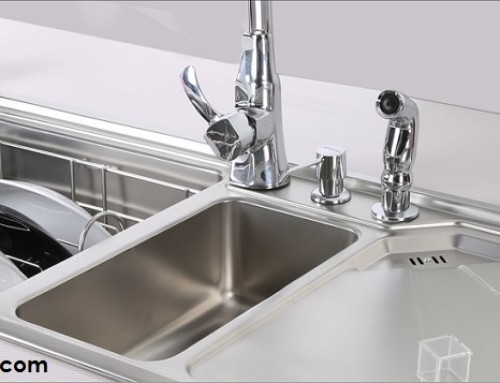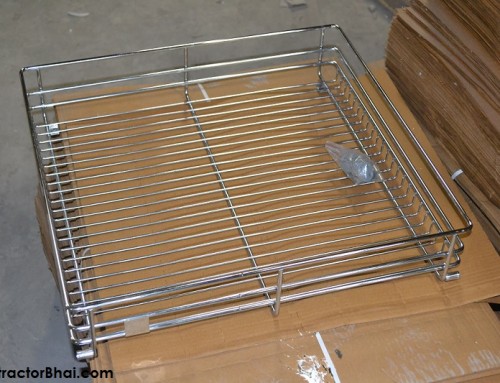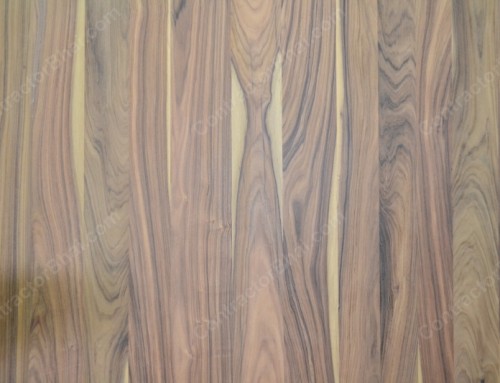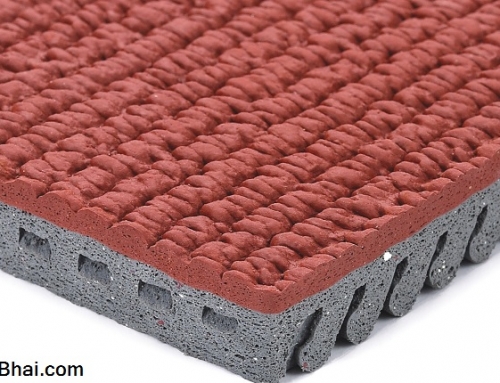Let’s understand what Grout means…
Grouts are tile joint fillers used to join adjoining tiles laid either on floor or walls. Conventionally, white cement was used to fill the tile joints. But white cement easily breaks down due to daily maintenance which leads to dirt and stain in tile joints, water seepage, fungus and bacteria growth, etc.
To overcome these tile joint problems, home owners can opt for MYK Laticrete Grout. MYK Laticrete has introduced an innovative range of grouts that offer stain-free, anti-fugal& anti-bacterial and non-cracking tile joints.
Advantages
• Easy to apply
• Strong & Durable
• Stain-free tile joints
• Non-cracking or powdering
• Anti-fungal & Anti-bacterial
• Available in range of 40 colors to suit your tile color
• Acid/chemical resistant (epoxy based grouts only)
Different types of Grouts Offered by MYK Laticrete
• Stain-free Grouts
• Cementitious grouts
• Speciality Grouts
Stain-Free Grouts
These are 3 component, solid epoxy grout having resin hardener and filler powder which is the color component. Stain-free grouts can be used for both floor as well as wall tile joints especially for stain prone areas like kitchen, bathrooms, hospitals, swimming pools, etc. Stain-free grouts are suitable for ceramic tiles, vitrified tiles, marble and stone.
Cementitious Grout
Cementitious grout is a blend of Portland cement, graded aggregates, fortifiers and color-fats pigments. Used for porous & absorbent type tiles, non-vitreous clay tiles and glazed wall tiles, cementitious grouts are best suited for interior and exterior applications. These grout is color fast, weather resistant and needs no wet curing when used with latex.
Specialty Grouts
There are two kinds of specialty grouts offered by MYK LATICRETE: LATAPOXY® Dazzle Grout and LATAPOXY® 2000 Industrial grout.
Dazzle is specialty grout that is perfect for aesthetic reasons and durability. The Dazzle grout is it is available in 3 dazzling finishes – gold, silver and copper
LATAPOXY® 2000 is an industrial epoxy grout that is necessary for places where the normal grouts cannot be used. The perfect examples would be dairies, food processing units, commercial kitchens, breweries, beverage plants, pharmaceuticals, and meat packing plants.






Leave A Comment